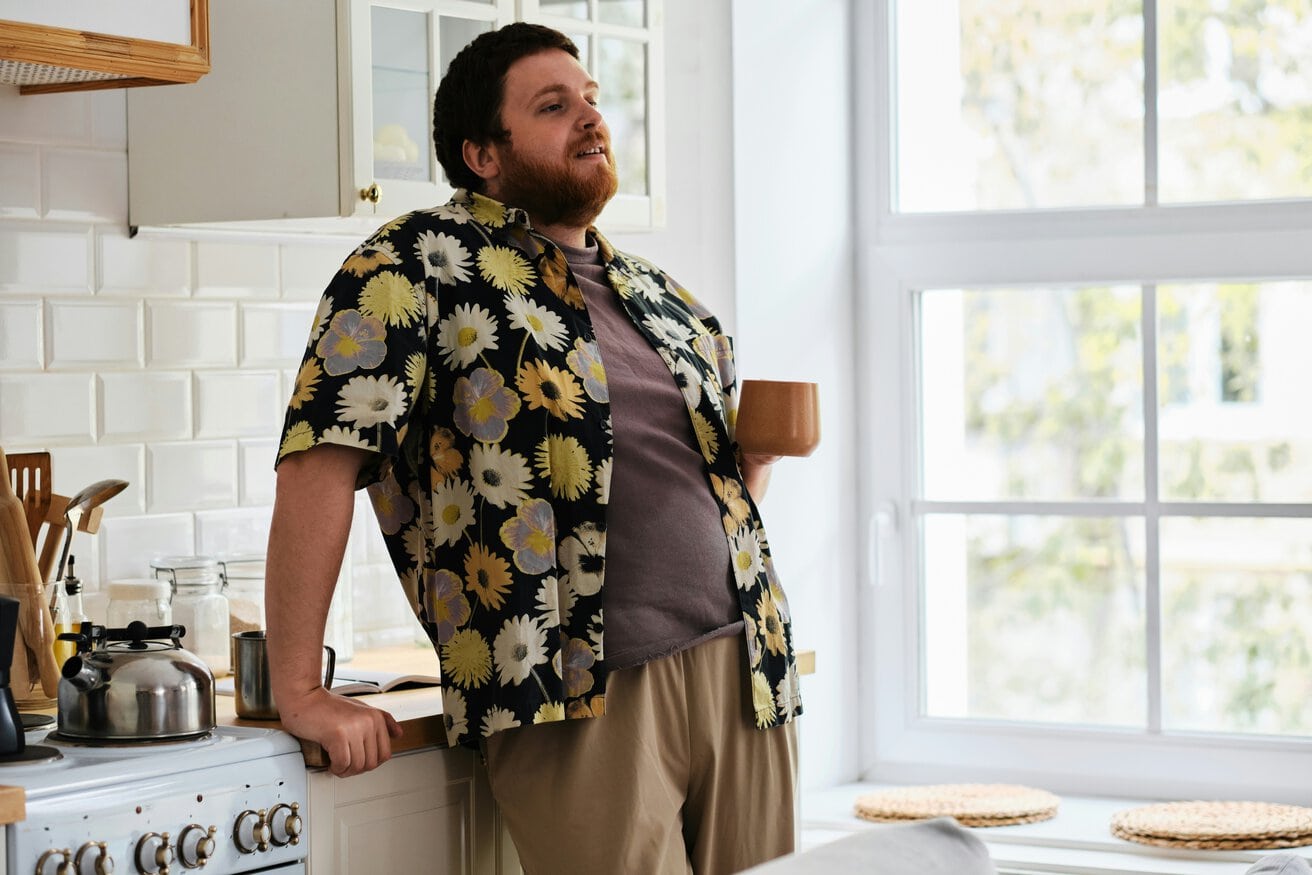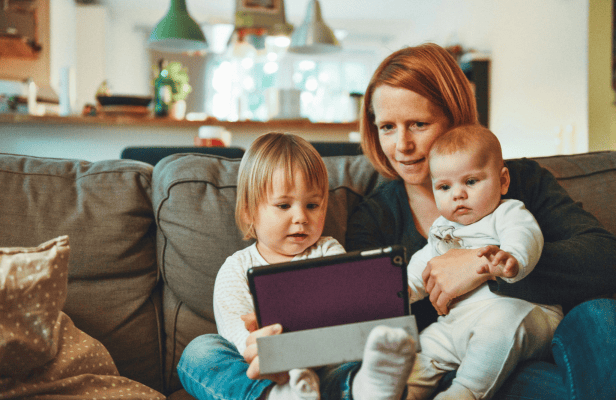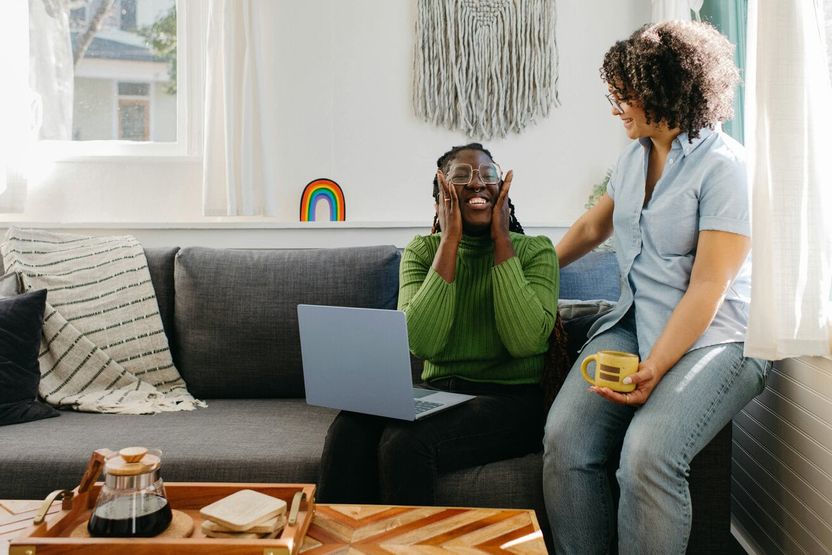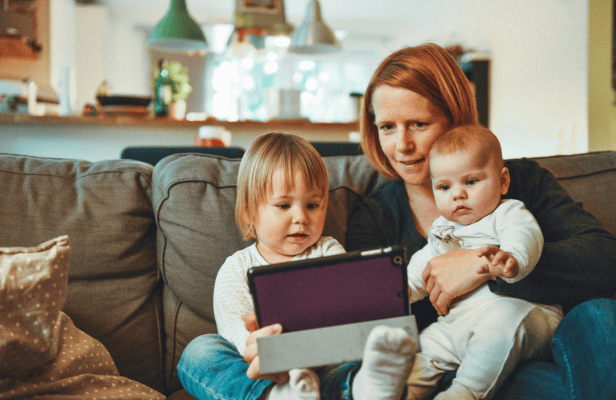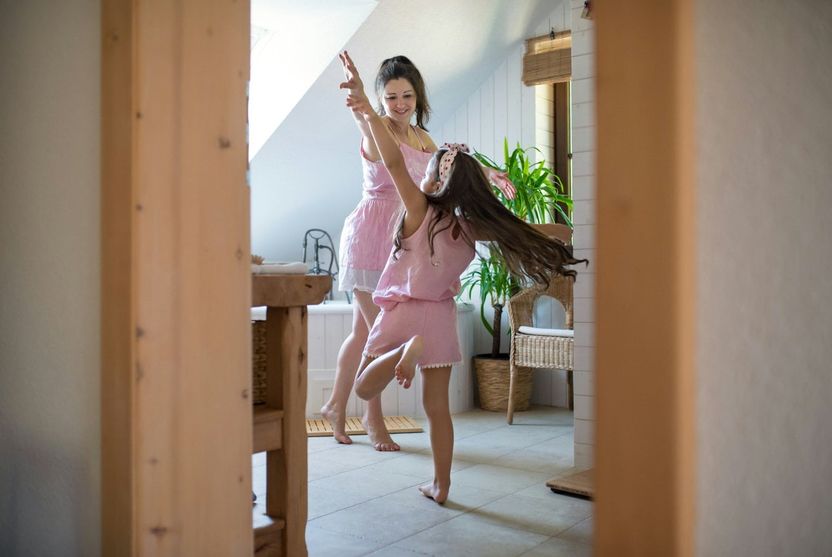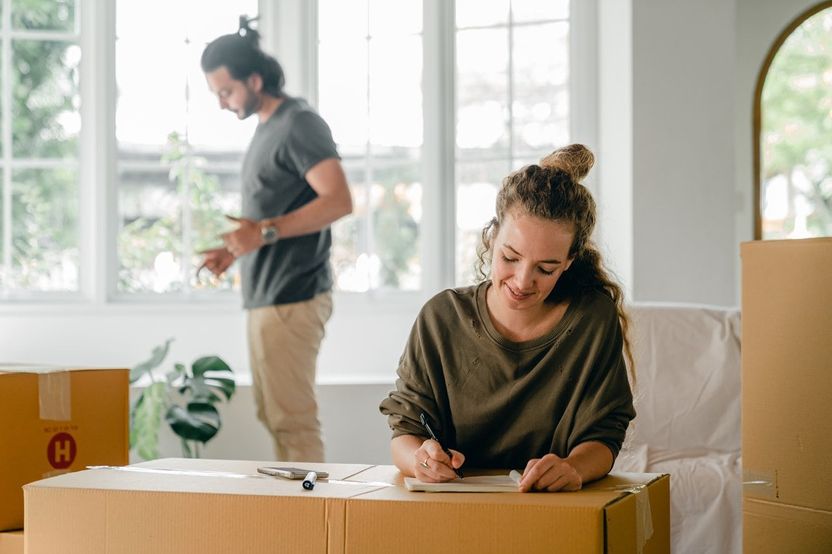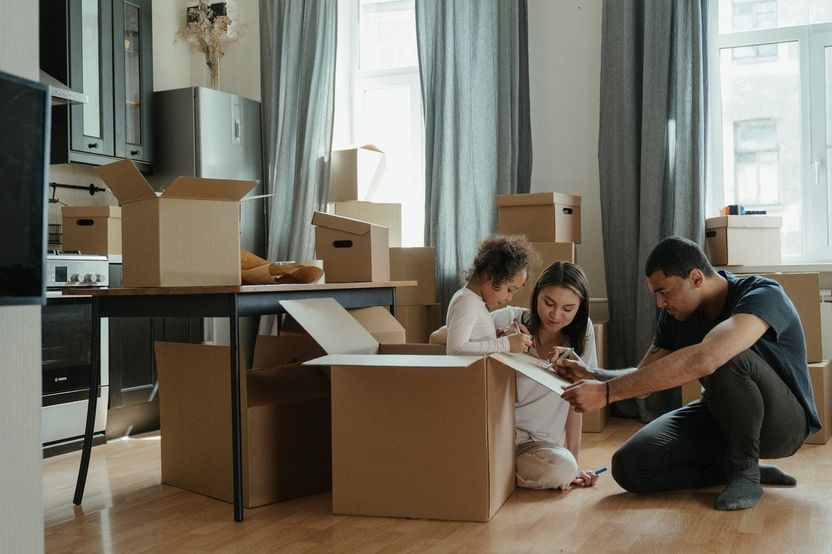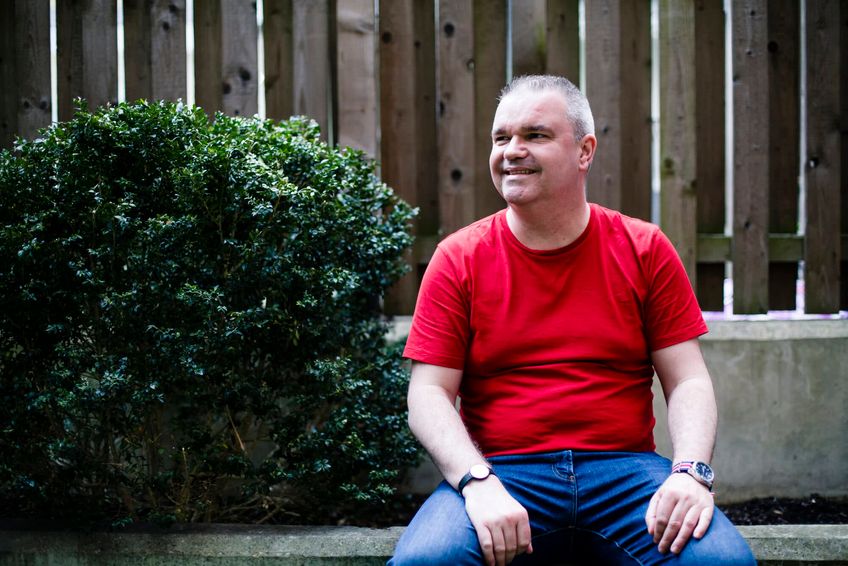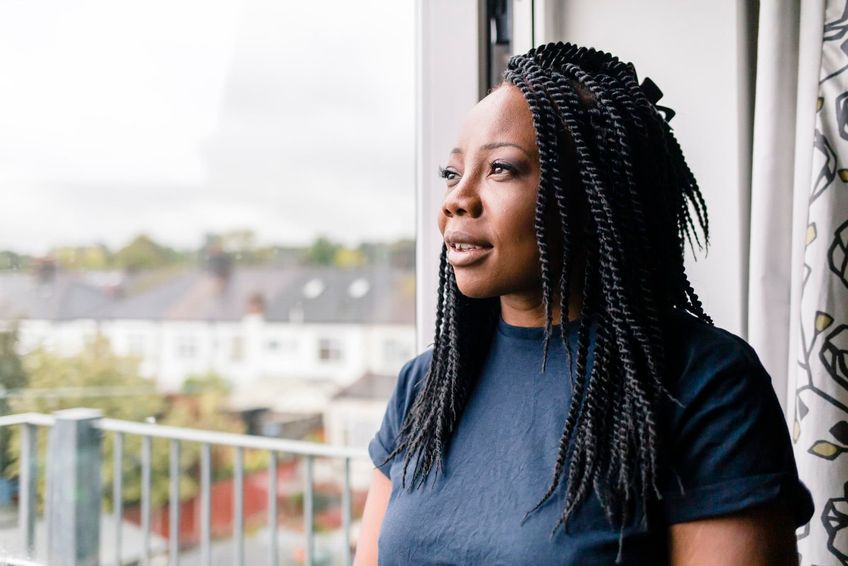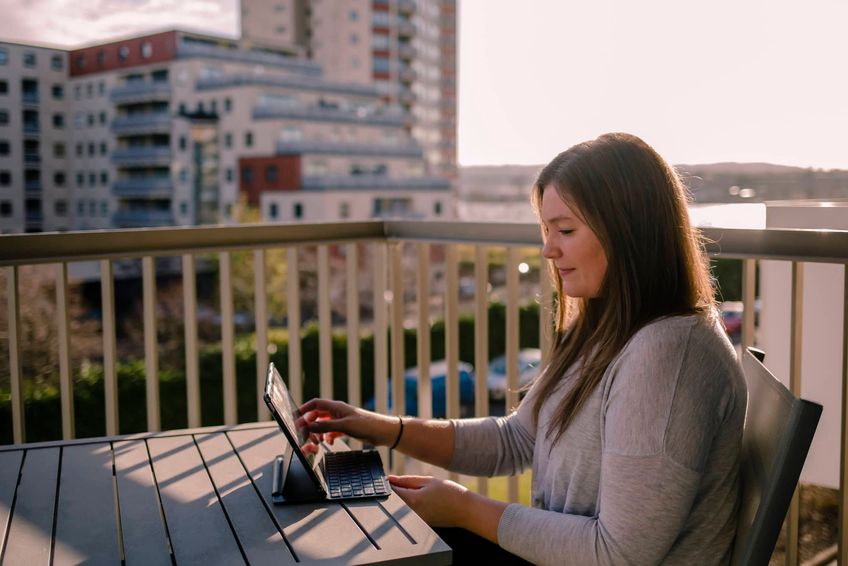Shared Ownership: Costs and affordability

Can I afford a home through the Shared Ownership scheme?
What are the costs of buying a Shared Ownership property?
Shared Ownership offers a more affordable way to step onto the property ladder by allowing buyers to purchase an initial share in a home (usually between 10% and 75%) and pay rent on the remainder. The scheme is designed to make homeownership more accessible for those who cannot afford to buy a property outright.
When thinking about buying a Shared Ownership home, it’s important to be aware of the costs involved in the purchase of the property and the monthly costs you will be expected to pay once you’ve moved into your new home.
Here are the key costs associated with buying Shared Ownership:
- Deposit: A deposit is required when purchasing your share. This is usually calculated as a percentage of the share you’re buying (often between 5% and 15%), not the full property value, making it more affordable than deposits required for traditional home purchases.
For example, if you’re buying a 25% share of a home with a full value of £300,000, the value of your share will be £75,000. If a 5% deposit is required, you would need to put down a deposit of £3,750.
- Mortgage broker fees: Most mortgage brokers will charge a fee for their services which can vary from a fixed amount to a percentage of the purchase price, although many do offer a free initial affordability assessment in the early stages of your property search. A mortgage broker should clearly explain what fees are charged and when before they undertake any work on your behalf. For more information, you may wish to contact a specialist Shared Ownership mortgage broker.
- Solicitor fees: You’ll need to hire a solicitor or licensed conveyancer to handle the required legal work associated with buying a home. It’s essential to have a solicitor in place before submitting your mortgage application and to confirm that they are approved to work with your chosen mortgage lender. Solicitor’s fees will usually be based on a fixed cost basis.
For more information or if you’d like to get a legal quote, you may wish to contact the firms on our Shared Ownership Solicitors and Conveyancing Panel.
- Stamp Duty: First time buyers in Shared Ownership homes will currently pay zero Stamp Duty on the first £425,000 of any home that costs up to £625,000. However, from April 1st 2025, this will be dropping to £300,000 for any home that costs up to £500,000.
As a first time buyer purchasing a Shared Ownership property, you generally have two Stamp Duty options:
- Pay on the full property value upfront: This increases initial costs but means no further Stamp Duty is required, even if you later buy the property outright.
- Pay on your share only: This may reduce upfront costs, especially if the amount is within the first time buyer allowance. However, additional charges, like the net present value of the lease (used to help determine if investments such as properties will be profitable in the long run), may apply, and you could face higher costs if you staircase to 80% or more ownership.
If you didn’t pay Stamp Duty on the full value initially, further payments aren’t due until you reach 80% ownership through the staircasing process. Stamp Duty calculations can be complex, so we’d recommend consulting your solicitor early to determine the best option for your situation.
- Other moving costs: Additional costs, such as removal expenses, may arise during the buying and moving process and can vary significantly. Housing associations typically advise setting aside £3,000 to £5,000 to cover all moving-related expenses, including solicitor and broker fees.
Here are the key monthly costs of a Shared Ownership home:
- Rent payments: Homes under this scheme are sold on a leasehold basis. When your lease is first issued, the rent that you pay is generally calculated at 3% of the share still owned by the housing association/landlord. For example, if you own 25% of a home worth £200,000, you will pay rent on the remaining 75%, which amounts to £150,000. At 3%, this would be £375 rent per month.
The amount of rent will vary for each home depending on the share you buy and the value of the property when you purchase it.
- Mortgage repayments: Each month, you’ll make mortgage repayments until the loan is fully paid off. The amount you pay will depend on the value of the share you purchase, the deposit you initially put down, the remaining length of your mortgage term, and the interest rate.
- Service charges: Homeowners usually pay the housing association monthly fees to cover the maintenance of communal areas and other building-related expenses, insurance of the building and, in some cases, the provision of lifts, lighting, communal aerials, door entry systems, cleaning of common areas and grounds maintenance. These charges will also usually include management costs.
Service charges can vary yearly, going up or down without any limit other than being reasonable. However, a few leases provide a fixed service charge instead so you should always check the terms of your lease to see how your service charge will be calculated.
The amount collected at your development from all residents will be compared with how much has been spent on items such as communal cleaning, gardening and general maintenance and adjusted accordingly. At the end of every financial year, your housing association will be able to provide you with a copy of the audited accounts and clearly explain if there need to be any changes to your service charge for the year ahead.
- Insurance: Buildings insurance will be the responsibility of the freeholder – quite often this will be the housing association, however, the cost will often be included in the service charge.
Contents insurance – which covers all of the furniture, carpets, white goods and personal belongings in a home – is the responsibility of the person living in the property. It is not compulsory to purchase content insurance but it is advisable.
Once you’ve moved into a Shared Ownership home, there are likely to be future costs you should be aware of:
- Staircasing: As your financial circumstances evolve, you have the option to purchase additional shares in your Shared Ownership home through a process called staircasing. This is entirely optional, and there is no obligation to buy more shares if you choose not to. If you decide to staircase, the cost of the additional shares will be calculated based on the current full market value of the property. For example: if your home is valued at £300,000 and you want to buy an additional 25% share, the purchase price of your share will be £75,000.
There may be additional costs when purchasing more shares in your property, such as broker and solicitor fees; these costs can vary depending on the firms you choose. The staircasing process will also vary depending on which version of the Shared Ownership scheme you bought with as some changes were introduced as part of the new Shared Ownership model in 2021/2022. For more in-depth information, please visit our staircasing guide.
- Selling: If you choose to sell your Shared Ownership home, you will be required to hire a surveyor to value your home. You have to pay a fee for this valuation but you will be informed of the cost before proceeding. The surveyor will arrange to visit your home to carry out the survey; the valuation will set the sale price for your property and from this, the housing provider can work out the current value of your share. There will likely be other fees involved when selling a Shared Ownership home too, for example, solicitor fees.
The resale process can vary between housing associations and will be outlined in the terms of your lease, so we’d recommend discussing this with your provider in the early stages before purchasing the property.
- Lease extensions: Shared Ownership homes are typically sold as leasehold properties, which means you may need to extend the lease at some point, depending on the property’s terms and the length of your occupancy. Many housing providers have informal policies regarding lease extensions, but these can vary. We recommend discussing lease extension options with your provider early on, ideally before completing your purchase.
What should I know about Shared Ownership affordability assessments?
Before purchasing a Shared Ownership home, you’ll need to undergo an affordability assessment to ensure you can manage the costs involved. Housing providers will evaluate your financial situation, including your income, outgoings, and savings, to confirm that you can afford your mortgage, rent, and service charges.
Where should I start my Shared Ownership property search?
Do you feel that you have the key information you need about the Shared Ownership housing scheme, including what it is and the eligibility criteria? If so, now is the perfect time to start your search for a new home using our property search tool and discover your path to homeownership.
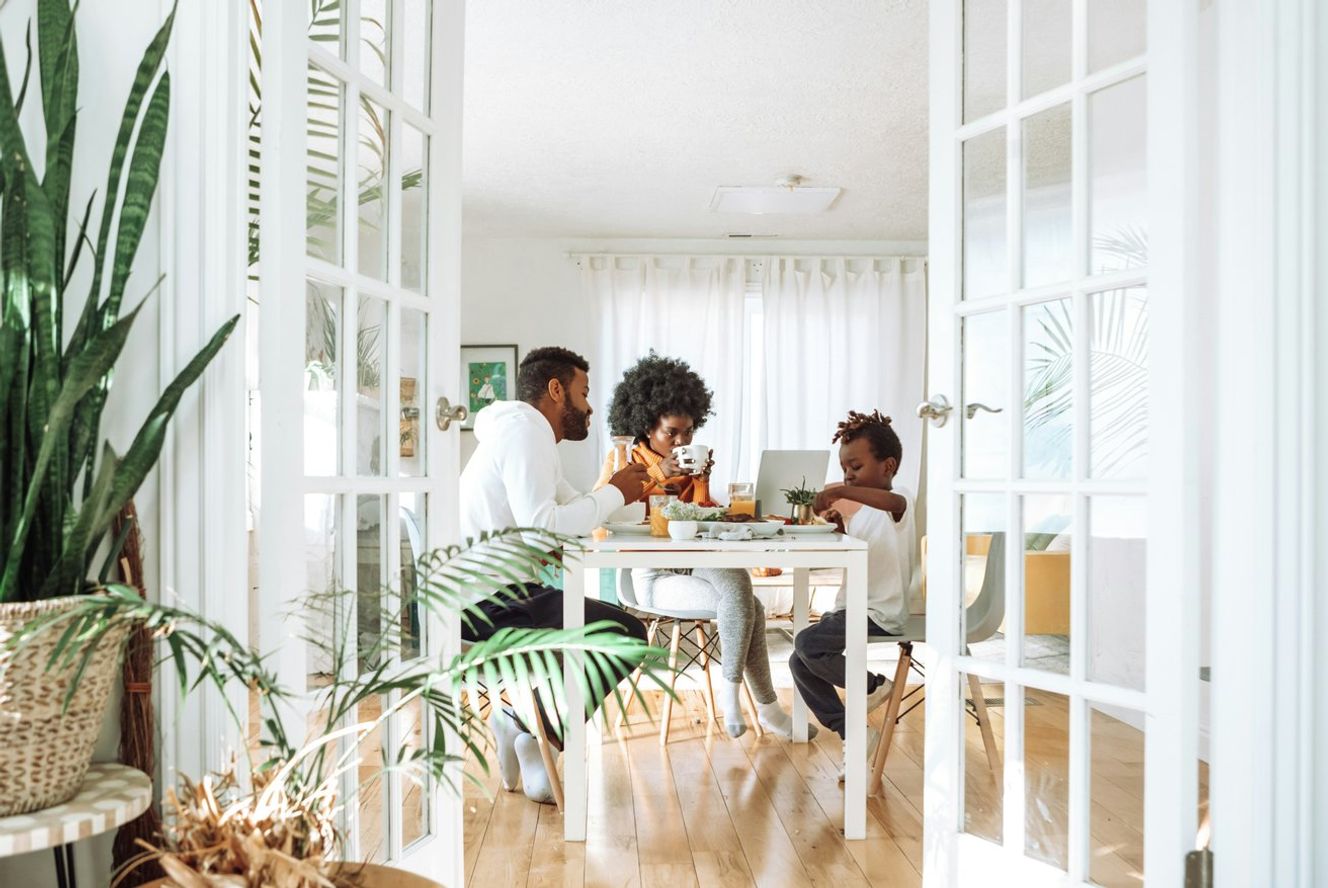
Mortgage affordability calculators
Ready to explore your borrowing potential?
Our quick and easy Mortgage Affordability Calculators can show you how much you might be able to borrow for a Shared Ownership home.
Find your space with confidence
From exploring your options to making informed decisions, our FAQs and resources are designed to guide you at every stage of your homeownership journey.
